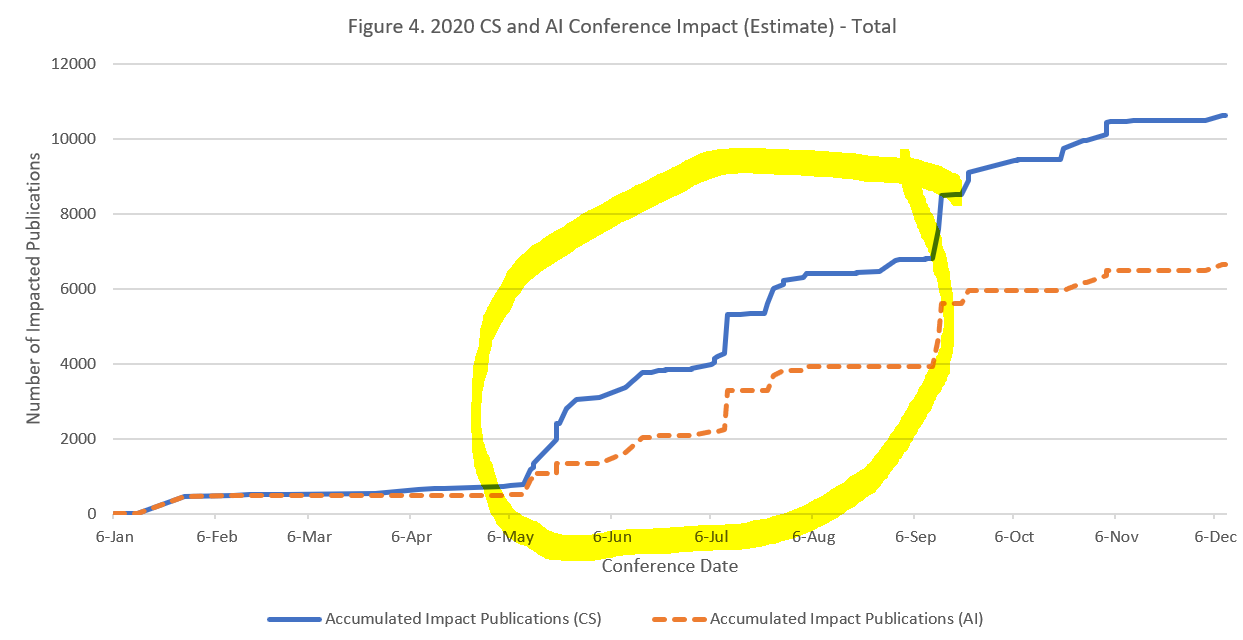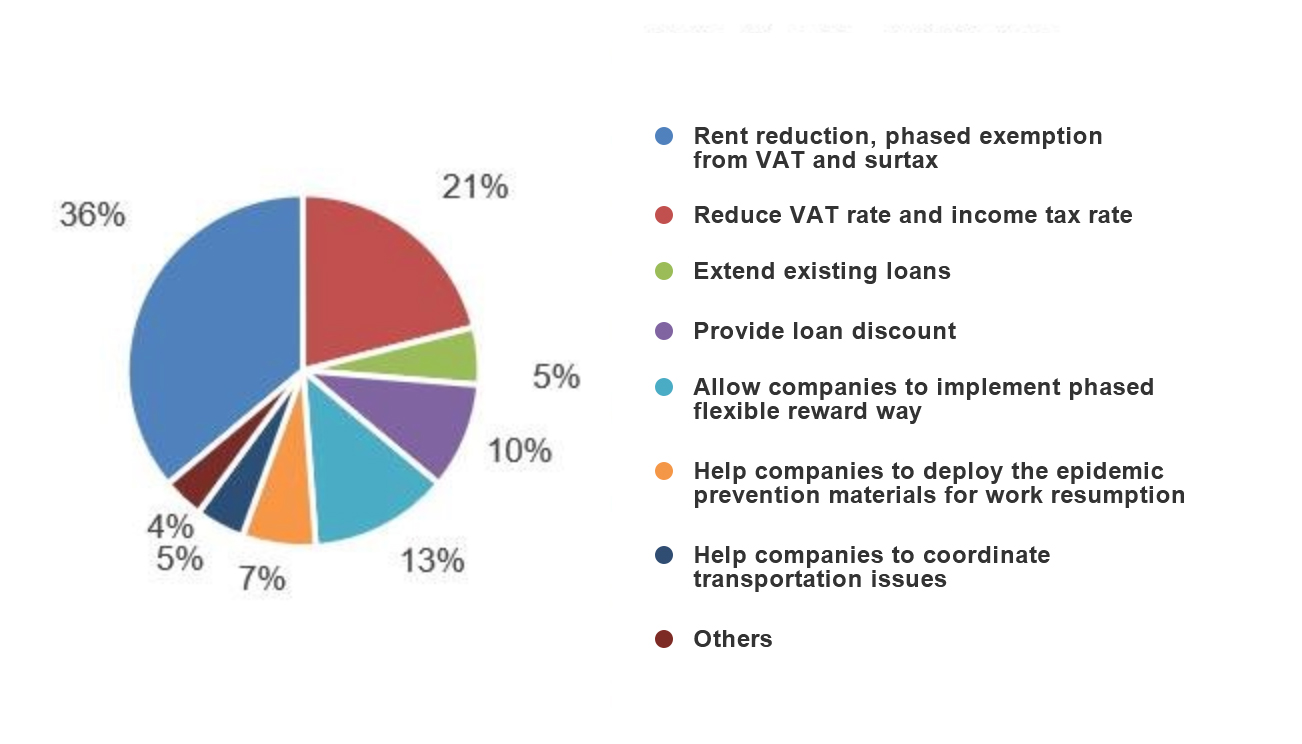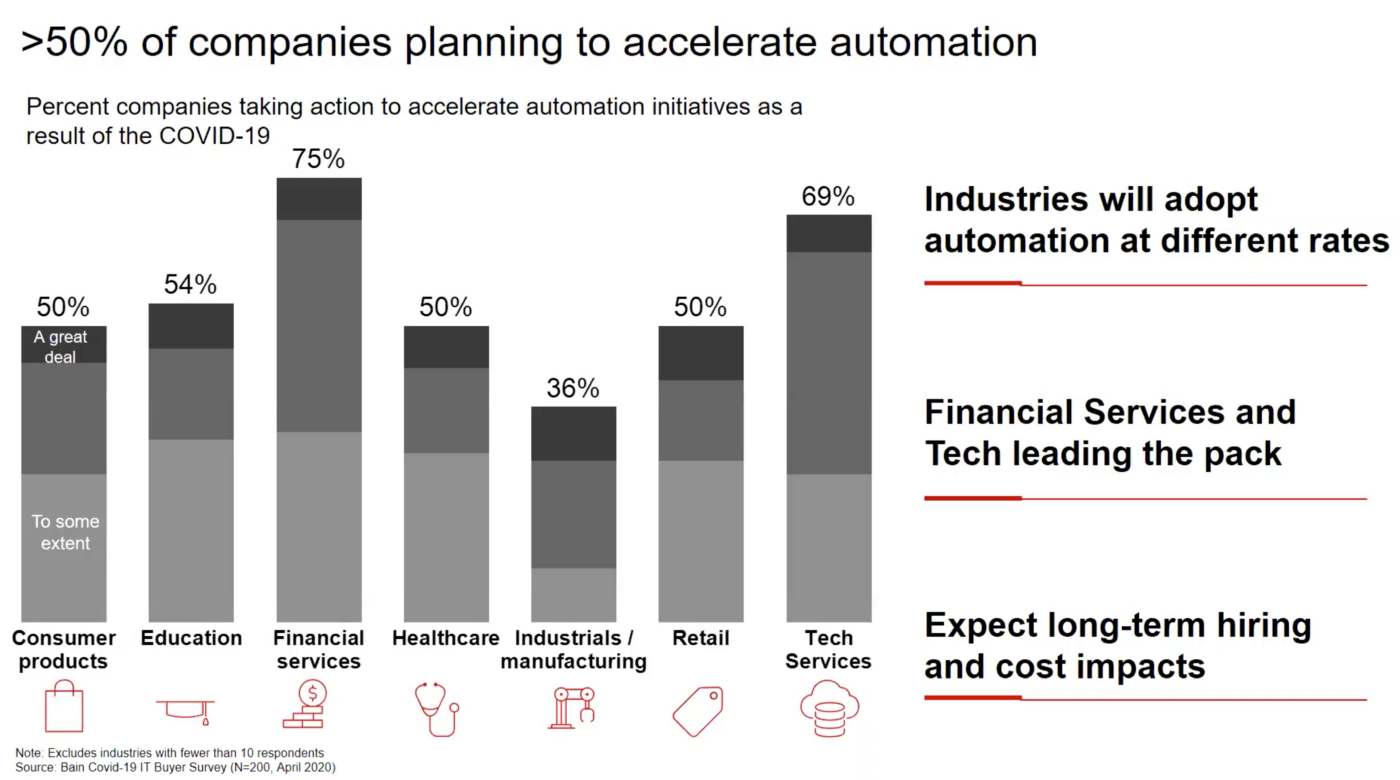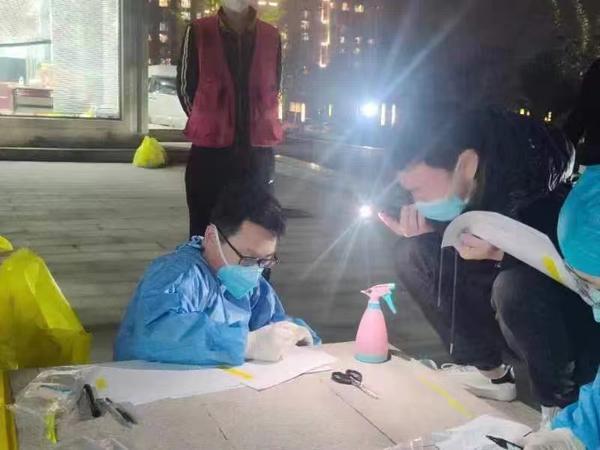COVID-19 Pandemic: A Comprehensive Analysis of Its Impact on Global Health, Economy, and Society
Introduction
The world has witnessed an unprecedented health crisis since the emergence of the novel coronavirus (SARS-CoV-2) in late 2019, which led to the declaration of a pandemic by the World Health Organization (WHO) in March 2020. Dubbed as COVID-19, this highly contagious respiratory disease has not only posed a direct threat to human life but has also had far-reaching consequences on global health systems, economies, and social structures. This article aims to provide a comprehensive analysis of the impact of the COVID-19 pandemic, highlighting its effects on healthcare systems, economic disruptions, societal dynamics, and the way forward for a post-pandemic world.
Health Impact: A Global Health Emergency
The primary and most immediate impact of COVID-19 has been its devastating toll on human life. As of the writing of this article, the pandemic has claimed over 6 million lives globally, with over 480 million confirmed cases reported worldwide. The virus has demonstrated a high degree of transmissibility, making it difficult to contain through traditional public health measures. The elderly and those with pre-existing health conditions are particularly vulnerable to severe illness and death.
Healthcare systems across the globe have been overwhelmed, leading to shortages of medical supplies such as ventilators, personal protective equipment (PPE), and vaccines. The pandemic has underscored the importance of robust healthcare infrastructure, access to quality healthcare services, and the need for global cooperation in the development of medical countermeasures.
Economic Disruptions: A Global Recession
The economic impact of COVID-19 has been profound and far-reaching. The pandemic has triggered the largest global recession since the Great Depression of the 1930s. Businesses have been forced to close their doors or operate at reduced capacity, leading to job losses on a massive scale. According to the International Labour Organization (ILO), over 60 million jobs were lost globally in the first half of 2020, with the informal sector being particularly hard hit.
The service sector, which includes tourism, hospitality, and transportation, has been severely impacted due to travel restrictions and social distancing measures. Supply chain disruptions have led to shortages of essential goods and services, further exacerbating economic stress. Governments worldwide have implemented fiscal stimulus packages and central banks have lowered interest rates to cushion the economic shock, but the recovery remains slow and uneven.
Societal Dynamics: Changing Norms and Inequalities
The COVID-19 pandemic has accelerated social and behavioral changes at an unprecedented pace. Remote working and online education have become the norm for millions, reshaping our work-life balance and learning environments. However, these digital transformations have also highlighted the digital divide, with those without access to reliable internet or technology being left behind.
The pandemic has also exposed and exacerbated existing social inequalities. The most vulnerable populations, including low-income earners, migrants, and people living in overcrowded conditions, have been disproportionately affected by the economic fallout and lack of access to healthcare. The pandemic has also led to an increase in domestic violence as stress levels rise and support systems are strained.
The Role of Governments and International Cooperation
In the face of this global challenge, governments have played a crucial role in responding to COVID-19 through a combination of measures such as lockdowns, testing and tracing programs, and vaccination drives. However, the response has been uneven, with developed countries having better resources and faster access to vaccines compared to developing nations. This highlights the need for greater international cooperation and solidarity in sharing medical resources, technologies, and financial support.
The WHO and other international organizations have played a pivotal role in coordinating global efforts to combat the pandemic. The COVAX facility was established to ensure equitable access to COVID-19 vaccines for all countries, but challenges remain in its implementation due to differences in national priorities and vaccine availability.
The Way Forward: Building Resilience for a Post-Pandemic World
As we move towards a post-pandemic world, several key actions are necessary to build resilience against future health crises:
1、Strengthening Healthcare Systems: Investing in robust healthcare infrastructure, including expanding hospital capacity, improving access to quality healthcare services, and ensuring adequate supply of medical supplies is crucial.
2、Promoting Digital Equity: Addressing the digital divide is essential to ensure that no one is left behind in the post-pandemic world. Governments should invest in affordable internet access and digital literacy programs.
3、Fostering Economic Recovery: A comprehensive approach to economic recovery is needed that prioritizes job creation, supports small businesses, and promotes sustainable development. This includes implementing fiscal stimulus packages that prioritize investment in green and resilient infrastructure.
4、Addressing Social Inequalities: Concerted efforts are needed to address existing social inequalities by investing in education, housing, and social protection systems. This will not only mitigate the impact of future crises but also promote social cohesion and stability.
5、Enhancing Global Cooperation: Strengthening global cooperation in areas such as public health research, vaccine development and distribution, and financial support is vital for addressing future pandemics effectively. The WHO must be strengthened and equipped with adequate resources to play its role as a global health authority effectively.
6、Preparing for Future Pandemics: Building on lessons learned from COVID-19, there is a need for a more proactive approach to pandemic preparedness and response. This includes investing in surveillance systems, developing effective medical countermeasures quickly, and enhancing community engagement in public health efforts.












 京ICP备11000001号
京ICP备11000001号
发表评论